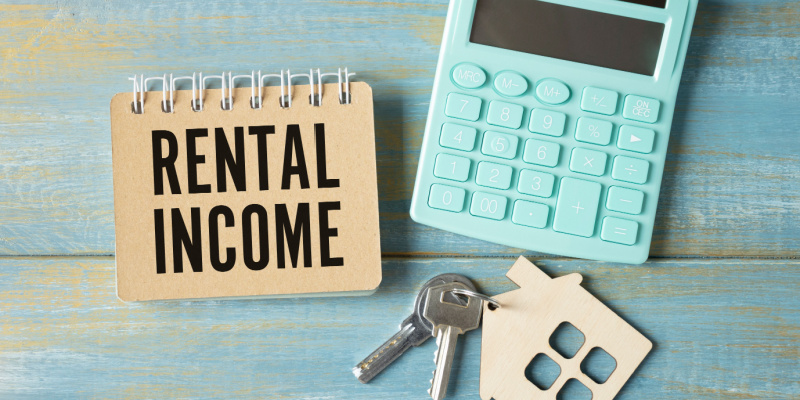Question submission date: May 2023
Full Question: “I’m thinking of letting out my property, how will the rental income effect the tax I pay?”
You are required to declare any rental income on your personal tax return to HMRC. This is calculated by looking at the total income/rent that you receive, less any allowable costs; the difference is known as the profit and is chargeable to income tax, at a rate of either 20% or 40%. With your tax planning, if you wish to ensure all of your income is below the higher tax band (currently £50,270 for the tax year 23/24), so if you receive dividends, you will need to reduce them by the expected rental profits.
If the property is jointly owned between two people, the rental income is split equally and 50% each should be declared on your personal tax returns.
Any costs associated with renting out the property is deductible against the income, such as landlord insurance, agency fees, maintenance costs and repairs. Hence, these costs will reduce the rental profit. Here is the full guidance from HMRC on expenses.
There is tax relief applied against mortgage interest that you pay on the property but it is restricted and calculated after the profit has been calculated. You may need to tell your bank if you are intending to rent your property, as it could affect your mortgage terms and conditions. The bank may also be able to offer a different type of mortgage, which might be more suited to landlords, such as a interest only mortgage.
Here is some general guidance from HMRC regarding the responsibilities of being a landlord.
Please note that when you sell your property, you may have to declare and pay capital gains tax based on the period that you were not living in the property. It’s worth contacting your accountant if and when this may happen, as there are certain timescales in which this has to be declared and paid set by HMRC.


